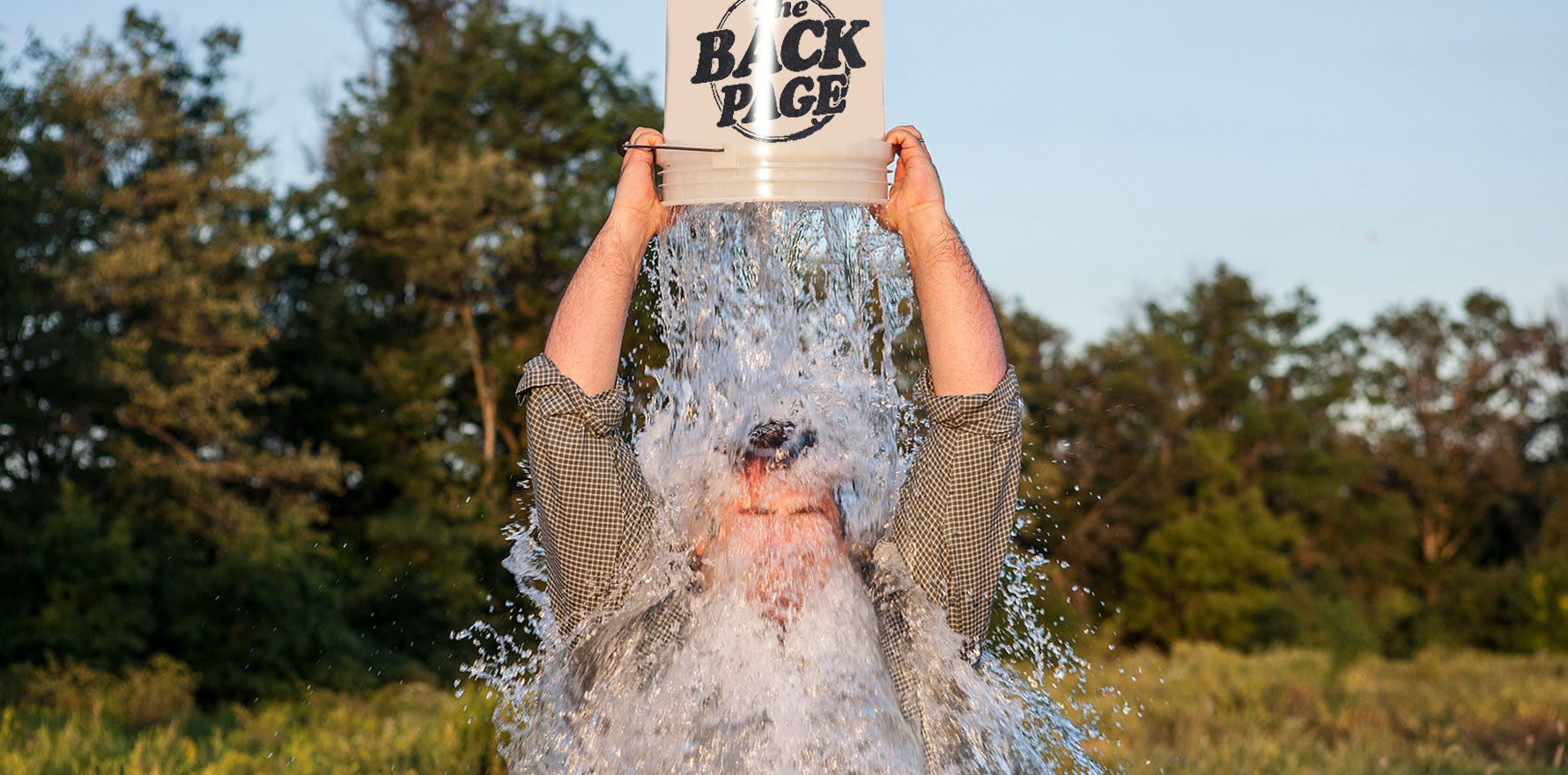The benefits of a bracing dip are no secret, but now the brain is telling us why.
It’s a point of pride for a growing number of people, such as Bondi’s intrepid Icebergs, to swim all year round.
Your Back Page correspondent wishes we were of such sound and bracing habits. It usually takes us till late December to get in the water, which is somewhat tragic, because you never, ever feel worse after a swim.
The instant mood-enhancing effects of a cold dunk are supported by an emerging body of evidence. On the biochemical level it’s been established that exposure to cold triggers release of the neurotransmitters serotonin, cortisol, dopamine, norepinephrine, and beta-endorphin, which regulate stress, emotion and reward processing, and which go missing in anxiety and depressive disorders.
But only now have researchers tried to measure what’s going on neurologically through the magic of fMRI.
In a small study published in Biology, a psychology/sports medicine team took 33 people unaccustomed to cold-water immersion and scanned their brains before and after a five-minute bath in 20C water. (Which even the cold-avoidant BP thinks is a bit soft. A Nordic ice bath it is not.)
The subjects also filled out a positive and negative affect assessment questionnaire before and after. The results were very clear: participants felt more active, alert, attentive, inspired, proud, and less nervous after their bath than before it. (This was the case whether or not they’d had neuroimaging done before, suggesting it wasn’t just a mass case of MRI nerves.)

The fMRI scans showed changes in connectivity between several large-scale brain networks: “Positive affect is supported by an interaction between the ‘core’ networks involved in affective processes such as the default mode, salience, frontoparietal, and visual lateral networks. Changes in negative affect are associated with a distributed component of interacting networks at a reduced threshold.”
As a bonus finding, these results suggest that positive affect and negative affect happen separately in the brain, rather than being two sides of one neural coin.
In particular, they found that “reverse coupling” between the medial prefrontal cortex and the anterior cingulate cortex was associated with an increase in positive affect, which the authors say could be a clinical target for facilitating cognitive flexibility and reducing depressive rumination.
The mention of psychiatry in connection with cold baths makes the BP shudder, given the history of hydrotherapy in mental hospitals, summarised here.
But we are confident that if such regimes come back into psychiatric fashion it’ll be based a bit more on science like the above.
If something gives you a cold shock response, tell penny@medicalrepublic.com.au.


